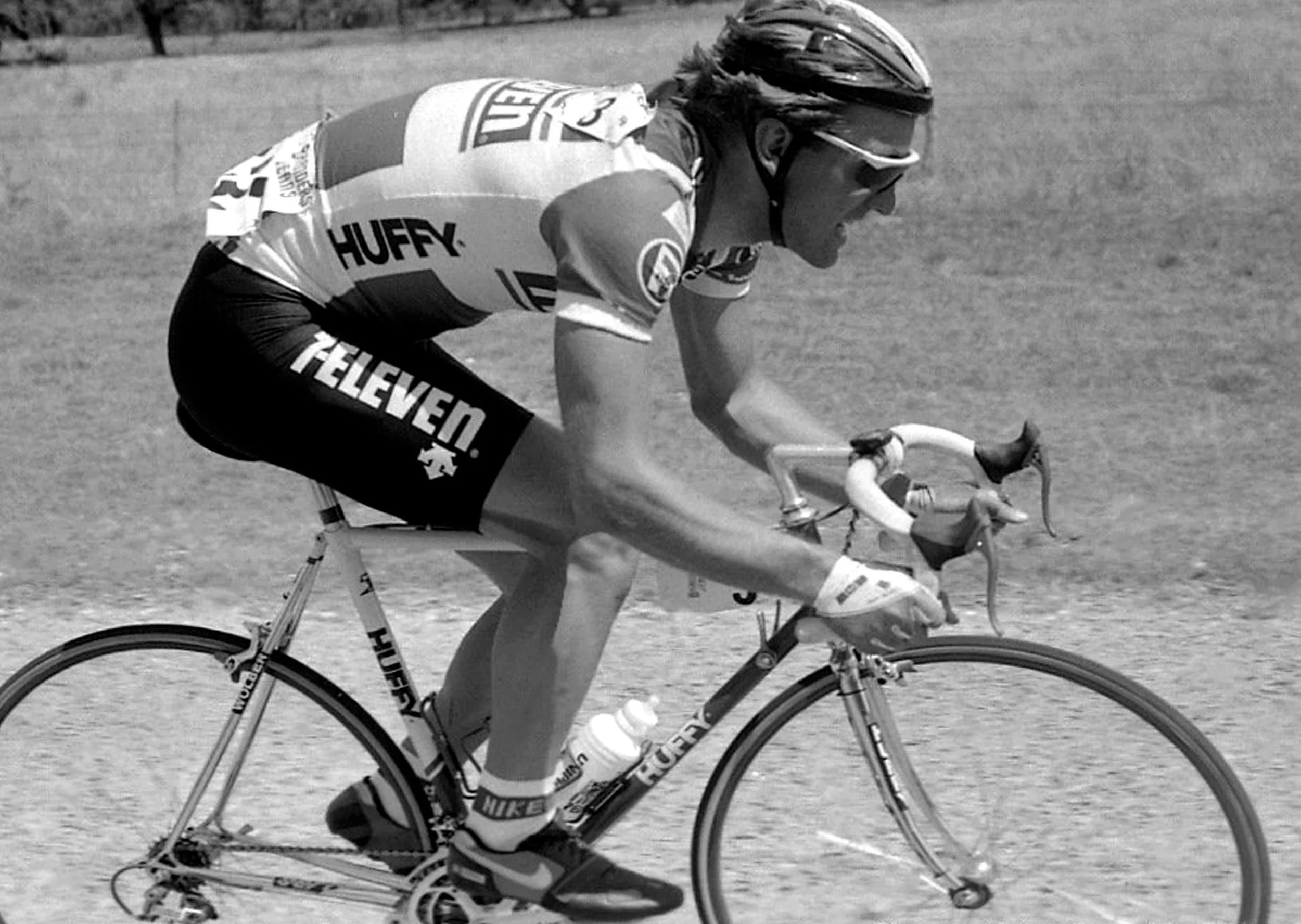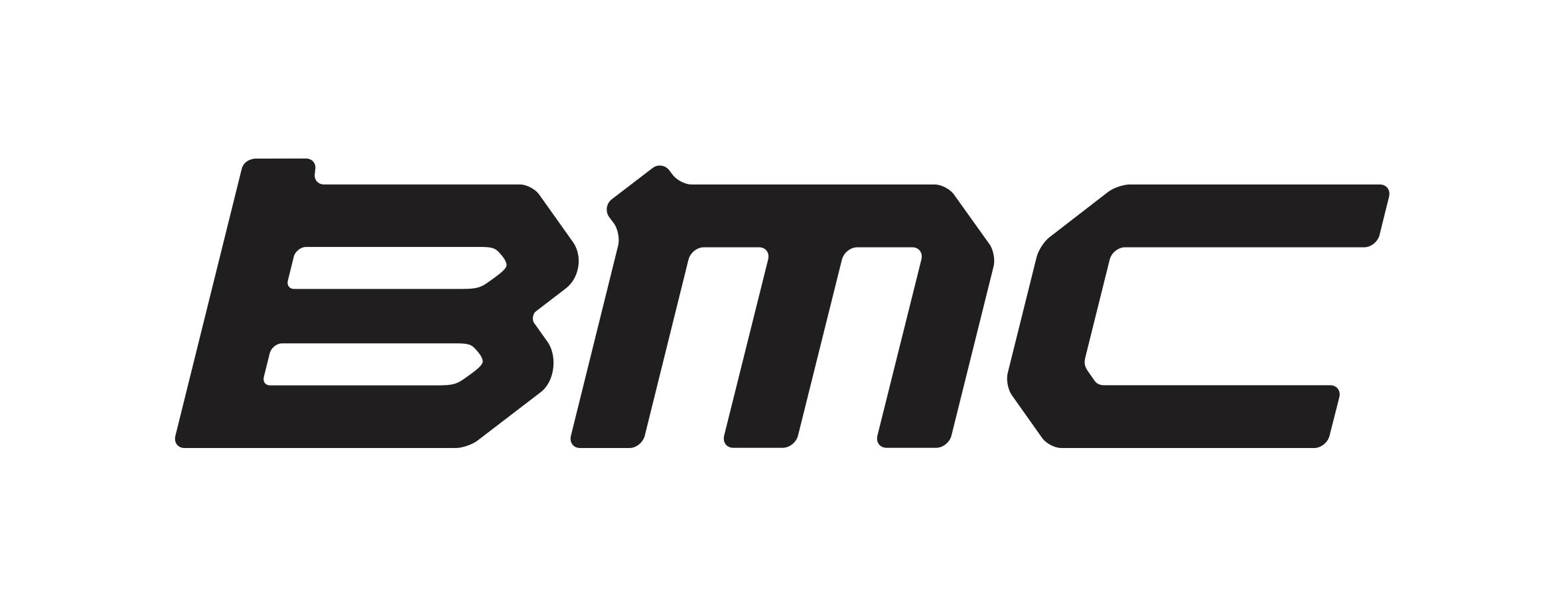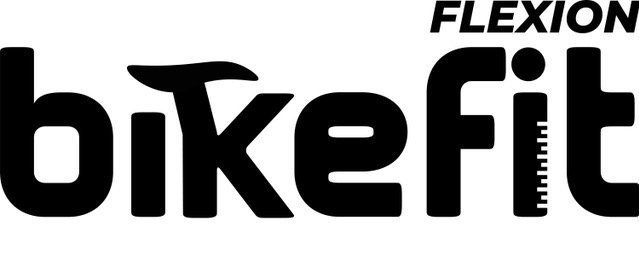It takes years to build up the strength and savvy to be a professional athlete. I always find it amusing when people talk about the number of years that a rider was as a pro and ‘only’ had 8 wins in his 16 year career. Case in point, Matt Hayman at this year’s Paris-Roubaix. What they fail to mention are the years and years and years of pedaling at the pre-pro time of your life when you are adding the building blocks for later.
So much sacrifice takes place by so many young athletes, it’s a miracle that many make it through this natural selection process in one piece. I discovered cycling because I found out that I loved the solitude and adventure of riding somewhere I’d never been to, getting lost and finding my way home. Along the way, this playfulness helped me keep the joy in bike riding, something that I still treasure today.
Of course, some don’t make the grade and fall through the cracks, never to be heard from again. Some ‘retire’ early for various reasons and go on to lead prosperous lives in another world outside of the tight circus-like circle that is ‘pro biking’.
Those that do make it through this initiation process find themselves at the bottom of the heap as a neo-pro. Just when you think you are ready, you get the sh*&* beat out of you in race after race, in conditions that most people wouldn’t contemplate going out to walk their dog in. It’s a brutal blow to the psyche and again, there is a weeding out of the guys who make the transition to year two and three as a pro. Once you’ve established yourself after two or three years, it’s time to watch your back as the young ones are gunning for your spot on the team. Getting your 10,000 hours in to become an expert as pro biker is a never ending cycle of ride-eat-sleep, and repeat over and over again.
However, looking back I feel very fortunate to have had the opportunity to have learned very useful lessons that are now helping me in my software sales business career. Here are 7 key lessons that I learned from cycling that I lean on every day in my business life.
Race Days are Like No Other
A hard day at work is an easy day on the bike. I sometimes chuckle to myself when I hear co-workers complaining about their ‘hard day’ at the office. Stressful encounters with sales managers and their quotas and clients with their demands can certainly be trying. But, all it takes is to remember a circle of death stage such as Galibier, Croix de Fer and a finish up Alpe d’Huez and things fall into perspective.
Save Your Matches
Work Hard but Ride Smart. I was a decent amateur rider winning a few national championships but turning pro quickly made me realize that I wasn’t close to being the strongest guy. It became a matter of survival and strategic cunning to finish some races, especially when you weren’t on good form. Racing smart taught me to save my ‘matches’ for just the right moment when they were needed most. Simple things like missing a turn in the break through a corner saved me just that much more energy for the finale. These days, I take the meetings that matter and say no to others – saving mental energy for the right ones.
Domestiques Count
I have been a rookie many times over in my life. Changing jobs mid-career has put me on the back foot for a while and all eyes are on me. I remember my first days with the new teams that I rode for and there was certainly an expectation to prove myself. In a race situation, I was never prouder than when I was able to set up a teammate with an initial attack that led to his winning counter-attack. My simple solution was and always will be to stick to a game plan and do the work. Good leaders will recognize your efforts.
No Matter What - Keep Pedaling
There were a few times during my athletic career when I was really ready to hang up the cleats. Somehow, I found the mental energy to keep going even though I was at a physical and mental low. Often, I needed a break from the racing intensity to recover and re-discover my love for the sport. You can’t win every race (or business deal) and the best you can do is create a learning opportunity from the loss and live to tell the tale.
Prepare to Win
Reward has a way of surprising you. I can’t tell you how many times I ‘couldn’t get out of my own way’ on the bike, only to have the form of my life a week or two later. I hadn’t expected to put myself in a winning position, I just happened to ‘fall into the break’! I found that when I tried to force my presence on a race, I ended up thrashing around getting frustrated and losing my temper at my fellow riders. Doing my homework to build a solid sales pipeline paves the way for many future wins, sometimes when you least expect it.
Feel the Moment
This lesson is a feeling that comes with experience. As a 20 year old, racing two Kermesse races a week as an amateur in Belgium taught me a lot. Of course, I couldn’t waste energy but which attack would lead to the winning break? At first, I couldn’t figure it out. Every attack that I followed died out only to see the winning move ride up the road. I learned to be attentive, anticipating cross winds, studying my competitors’ habits and understanding and optimizing my own strengths. All of this comes together for the ‘moment’ when you strike hard. Winning at sales if often very similar. It’s always tempting to jump the gun and ask for the order too soon. I’ve learned to get the lay of the land (as my Dad often told me!), do the homework and then feel for the right moment – I know I will know when the time is right.
Share Your Knowledge
A final lesson that creates the most value. As a veteran pro, it was fun to mentor a young ‘up and comer’. Frankie Andreu was still wet behind the ears when he joined 7-Eleven in the late-80’s. Since he was willing, we taught him everything we knew and I was proud to see him racing as a trusted domestique well into the 90’s. This year, a couple ex-junior bike racers - now young business students - will be working side by side with me coaching our Juventus youth development program. I hope to share some of these business and cycling skills with them so that they can carry on the tradition.












